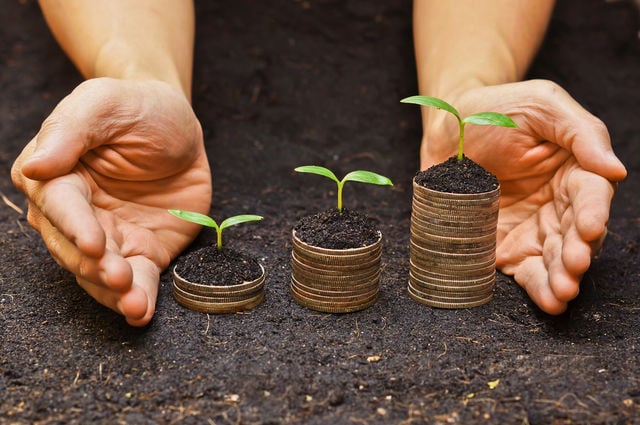Driving Resiliency and Sustainability in Hospitality: Five Priorities for 2021
23 experts shared their view
Recovery, resilience, recalibration, or bouncing back are a few examples of keywords that are at the center of any discussion surrounding the hospitality industry's economic prospects this past year. However uncertain the economic future may be, major crises of earth systems are unabated to date. While similarities exist between resiliency and sustainability (i.e. both concepts refer to the state of a system or organization over time in response to instabilities), there are notable differences, and conflicts, in the two concepts (i.e. achieving short-term economic resiliency at the expense of socio-environmental wellbeing). Looking forward, all eyes are on resiliency (growth!) in hospitality but how do we decouple growth from impacts, most notably carbon emissions? How do we ensure that sustainability is a component of resiliency (or vice versa)? What are the five priorities the hospitality industry should set to tackle resiliency and sustainability at the same time in 2021?
2020 will be remembered as a reset year. After decades of tourism growth, the pandemic has delivered a devasting year for our industry and, if experts are to be believed, it will be years before we return to pre-pandemic levels. As we get ready for the new normal – here are a couple of priorities for the coming years.
- Building back better takes leadership that balances the immediate with the strategic. Focusing on the short-term without attention to the long-term – or vice versa – just won't work.
- It will take work. Research by my colleagues Marshall and Sydnor show that it is rare for small businesses to recover better – at least in the first few years following a crisis. Collectively we must beat the odds.
- We need to work together. Tourism is a complex, collaborative activity. All tourism stakeholders have a role to play if we are to improve the tourism system from the inside out.
- We must avoid false dichotomies: It's not true that things are either sustainable or cost-effective – they can be the same.
- This is personal. Too often we overlook the human dimensions of these challenges, but they shouldn't be overlooked. One of the most important factors in resilience is social capital and the strength of our networks in times of trouble. Building back better means more than restarting businesses, it means building skills and capabilities to meet the next big challenge.


